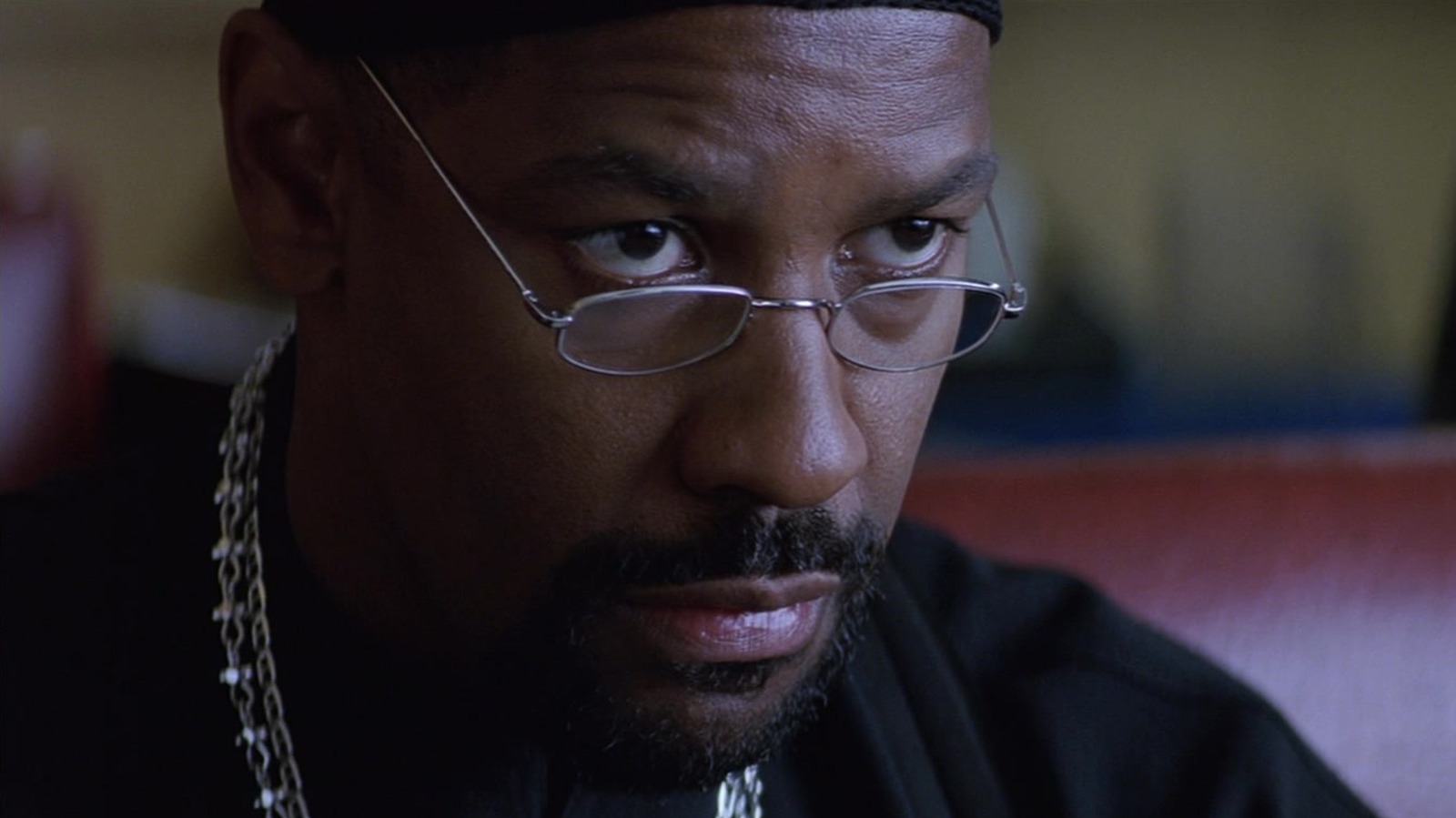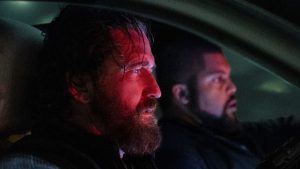
Denzel Washington’s Ominous Revelation in His Training Day Script
As the 1990s came to a close, Denzel Washington had solidified his status as one of Hollywood’s leading men. After his breakout performance in “Glory,” which earned him an Academy Award for Best Supporting Actor, Denzel secured two more nominations for “Malcolm X” and “The Hurricane.” Despite his adaptations to various genres including action and crime dramas, he had yet to venture into the realm of villainy. However, that changed dramatically in 2001 with “Training Day,” a film that would redefine his career and introduce him as a complex antagonist.
The screenplay, crafted by David Ayer, drew from his firsthand experiences in the challenging neighborhoods of Los Angeles. Under the direction of Antoine Fuqua, the film authentically portrayed the gritty realities of the streets, utilizing actual gangs and real-life South LA locations to lend credibility to the narrative. In this compelling crime thriller, Washington’s character, LAPD detective Alonzo Harris, was intricately woven into the fabric of a story about corruption and moral ambiguity.
The film follows Alonzo as he navigates a day of evaluations with rookie officer Jake Hoyt, played by Ethan Hawke. Throughout their harrowing day together, Alonzo’s facade slowly crumbles, revealing the true extent of his moral decay. It culminates in a memorable confrontation where Alonzo faces not just Jake, but an entire community demanding accountability for his actions. Washington’s portrayal of Alonzo was magnetic, full of improvisation and charisma, which made it possible for audiences to become captivated by such a morally reprehensible character.
But how did Denzel make the leap into playing a villain so convincingly? Much of it stemmed from a profound understanding he gained before filming began. During an interview in 2021, Washington shared an essential phrase he inscribed on his script, which ultimately guided his performance: “The wages of sin are death.” This simple, yet powerful line encapsulated the film’s essence for him, allowing Denzel to embrace the darker aspects of his character while remaining aware of the moral implications of Alonzo’s actions.
The phrase originates from the biblical verse Romans 6:23, which states, “For the wages of sin is death, but the gift of God is eternal life in Christ Jesus our Lord.” It highlights the concept of earning a wage, drawing a direct connection between sinful behavior and its fatal consequences. Washington recognized that “Training Day” was not a glorification of Alonzo’s corrupt practices but rather a cautionary tale of someone who believed they could game the system without facing repercussions.
Denzel revealed his character was not purely evil; he was deeply flawed, exhibiting confusion, anger, and a warped sense of duty. He had mastered manipulation to the point where he became more ruthless than the criminals he pursued. In bringing Alonzo to life, Washington’s performance demonstrated a nuanced understanding that transcended mere villainy, reflecting a character who had strayed too far and was bound to face the inevitable consequences of his actions.
By embedding that foreboding phrase into his performance, Denzel Washington crafted one of cinema’s most memorable villains in “Training Day,” setting a new precedent for his multifaceted acting career. As audiences watch Alonzo Harris spiral into chaos, they witness not only an incredible transformation but also a poignant reminder of the dark side of ambition and the inescapable nature of justice.





